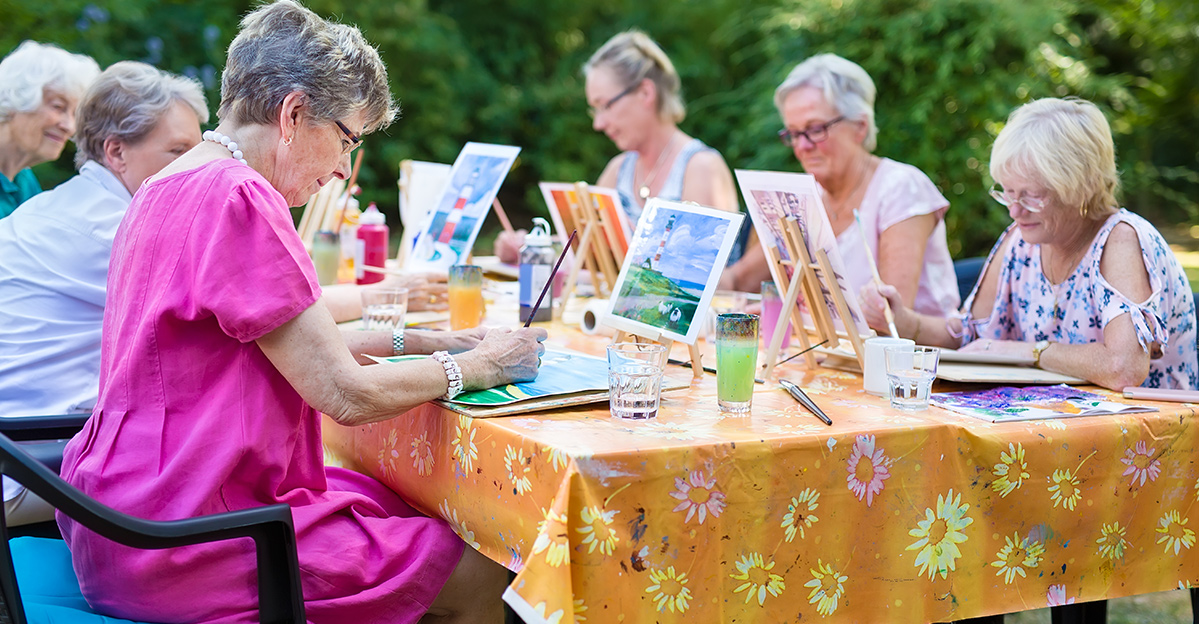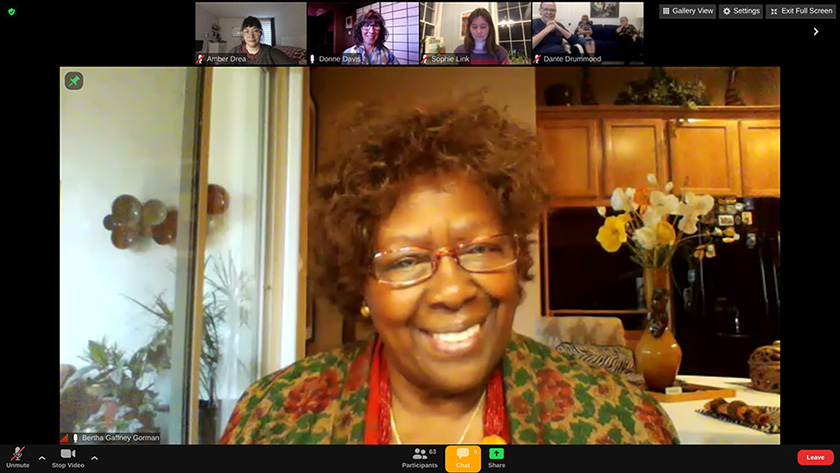How to Build a Healthy Social Network in Middle Age

How to Build a Healthy Social Network in Middle Age
As we navigate through middle age, maintaining a strong social network becomes increasingly important for both our mental and physical health. This period of life often brings significant changes, such as career shifts, family responsibilities, and health concerns, which can sometimes lead to feelings of isolation or loneliness. Building and maintaining a healthy social network can help mitigate these challenges by providing emotional support, enhancing cognitive function, and fostering a sense of belonging. Here are some practical strategies tailored to help middle-aged individuals in the United States build and nurture their social connections.
:max_bytes(150000):strip_icc()/GettyImages-1304189094-2bec6a9cc08a4a07a21512650191290b.jpg)
1. Reconnect with Old Friends and Family
Rekindling relationships with old friends and family is a great starting point. Regular communication can be as simple as scheduling weekly phone calls or video chats. Organize family gatherings or meetups with friends, such as hosting a monthly dinner or game night. These activities not only strengthen existing bonds but also provide opportunities to create new memories.

2. Join Community Activities and Groups
Engaging in community activities is an excellent way to meet like-minded individuals. Consider joining:
-
Book Clubs: Many libraries and bookstores host book clubs that are perfect for meeting people with similar interests.
-
Volunteer Work: Volunteering for local charities or community projects can introduce you to people who share your values.
-
Sports Teams or Fitness Classes: Joining a recreational sports team or fitness class can help you stay active while expanding your social circle.
-
Hobbies and Classes: Enroll in a cooking class, painting workshop, or any other hobby that interests you. These settings are ideal for meeting new people.

3. Leverage Technology and Social Media
In today’s digital age, social media and communication apps can be powerful tools for maintaining and expanding your social network:
-
Use Social Media: Platforms like Facebook and Instagram can help you stay connected with friends and family who live far away. Join local groups or forums related to your interests to meet new people.
-
Video Calling: Regular video calls with friends and family can help bridge geographical gaps.
-
Online Communities: Participate in online forums or groups focused on your hobbies or interests to connect with others who share your passions.

4. Attend Local Events and Networking Opportunities
Participating in local events and networking opportunities can help you meet new people:
-
Community Festivals: Attend local festivals or street fairs to meet neighbors and community members.
-
Networking Events: Look for professional or hobby-related networking events in your area.
-
Faith-Based Organizations: If you have a spiritual inclination, consider joining a local church or religious group for community support.

5. Prioritize Social Skills as a Muscle to Exercise
Social skills, like any other skill, improve with practice. Make an effort to engage in social activities regularly to enhance your ability to connect with others:
-
Practice Active Listening: When interacting with others, focus on listening attentively to what they have to say.
-
Be Open and Vulnerable: Share your thoughts and feelings with others to deepen connections.
-
Show Appreciation: Express gratitude towards friends and family to strengthen bonds.

6. Create and Embrace Simple Traditions
Establishing simple traditions can help maintain strong relationships over time:
-
Regular Meetups: Schedule regular meetups with friends, such as monthly coffee dates.
-
Shared Activities: Engage in activities that you enjoy with friends or family, like going on annual vacations or participating in seasonal sports.
-
Special Celebrations: Celebrate birthdays, anniversaries, or other special occasions with loved ones.

7. Be Generous and Supportive
Offering support and being generous can deepen social connections:
-
Volunteer: Helping others through volunteering can provide a sense of purpose and introduce you to like-minded individuals.
-
Offer Help: Be available to help friends and family when they need it, whether it’s running errands or providing emotional support.
-
Listen Actively: Sometimes, all someone needs is someone to listen to them without judgment.

8. Stay Physically Active with Others
Engaging in physical activities with others can enhance both physical health and social connections:
-
Join a Walking Group: Participate in local walking groups or fitness classes.
-
Sports Leagues: Join a recreational sports team to stay active and meet new people.
-
Outdoor Activities: Engage in outdoor activities like hiking or biking with friends.

9. Use Technology to Stay Connected
In addition to social media, use other technologies to maintain connections:
-
Video Chat Apps: Use apps like Zoom or Skype for regular video calls.
-
Smart Speakers: Utilize smart speakers to send voice messages or make hands-free calls.
-
Email and Messaging Apps: Regularly check and respond to emails and messages from friends and family.

10. Consider Adopting a Pet
Pets can provide companionship and encourage social interactions:
-
Pet Ownership: Adopting a pet can help reduce feelings of loneliness and encourage social interactions with other pet owners.
-
Pet-Friendly Activities: Participate in pet-friendly activities like dog walking groups to meet other pet owners.

Conclusion
Building a healthy social network in middle age requires effort and intentionality, but the benefits are well worth it. By reconnecting with old friends, engaging in community activities, leveraging technology, and prioritizing social skills, you can strengthen your social connections and enhance your overall well-being. Remember, maintaining a strong social network is crucial for both mental and physical health, and it can provide a sense of purpose and belonging during this stage of life.

Additional Tips for Nurturing Friendships
-
Be the Friend You Want to Have: Support your friends by anticipating their needs and being there for them during challenging times.
-
Lead with Kindness: Cultivate deep, meaningful relationships by being open and supportive.
-
Create Traditions: Establish simple traditions with friends, such as annual outings or regular meetups.
-
Communicate Regularly: Stay in touch with friends through regular phone calls, emails, or video chats.
By incorporating these strategies into your daily life, you can build a robust social network that supports your well-being and enriches your life in meaningful ways.








